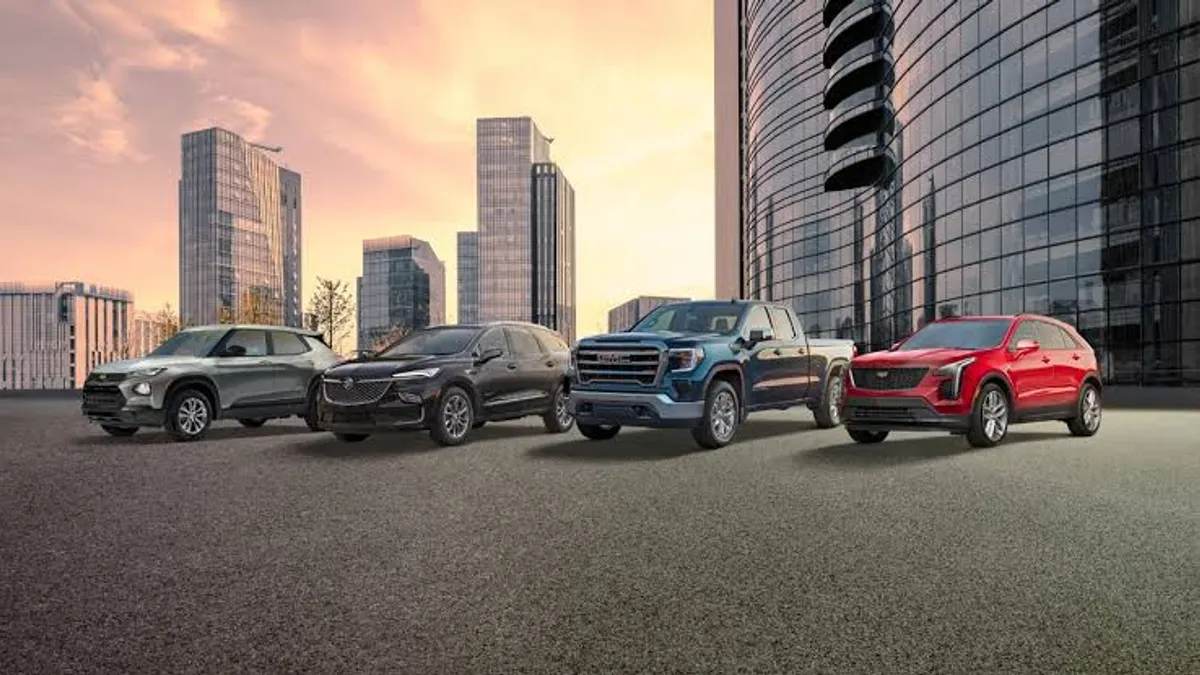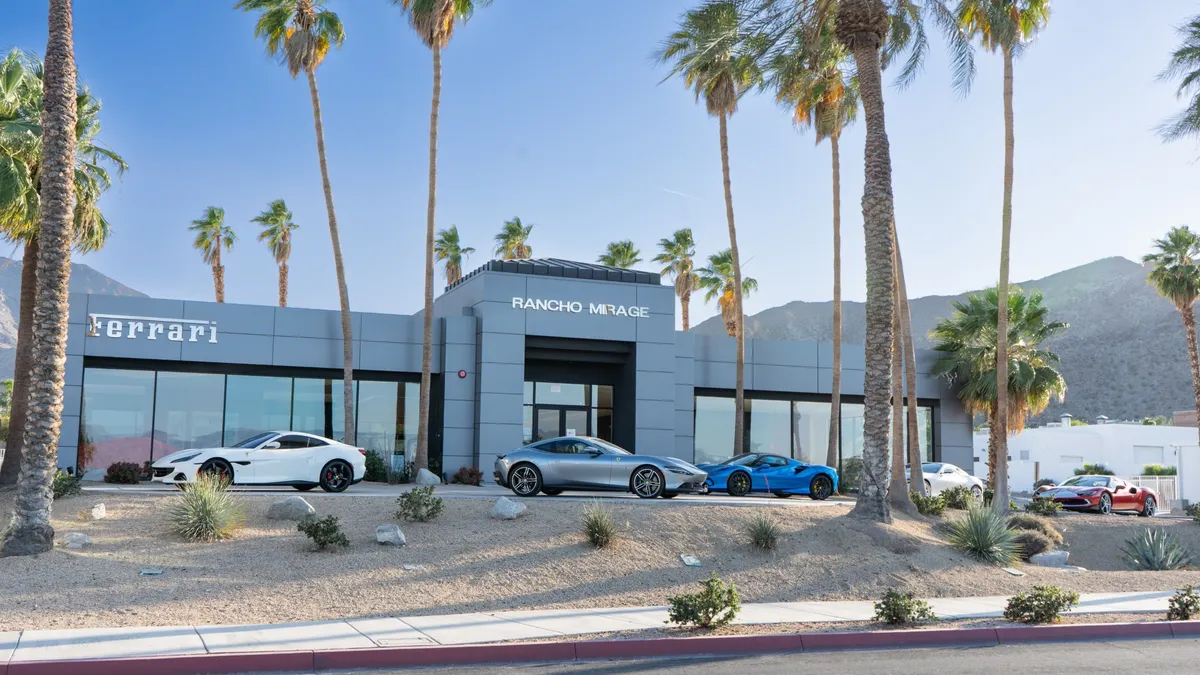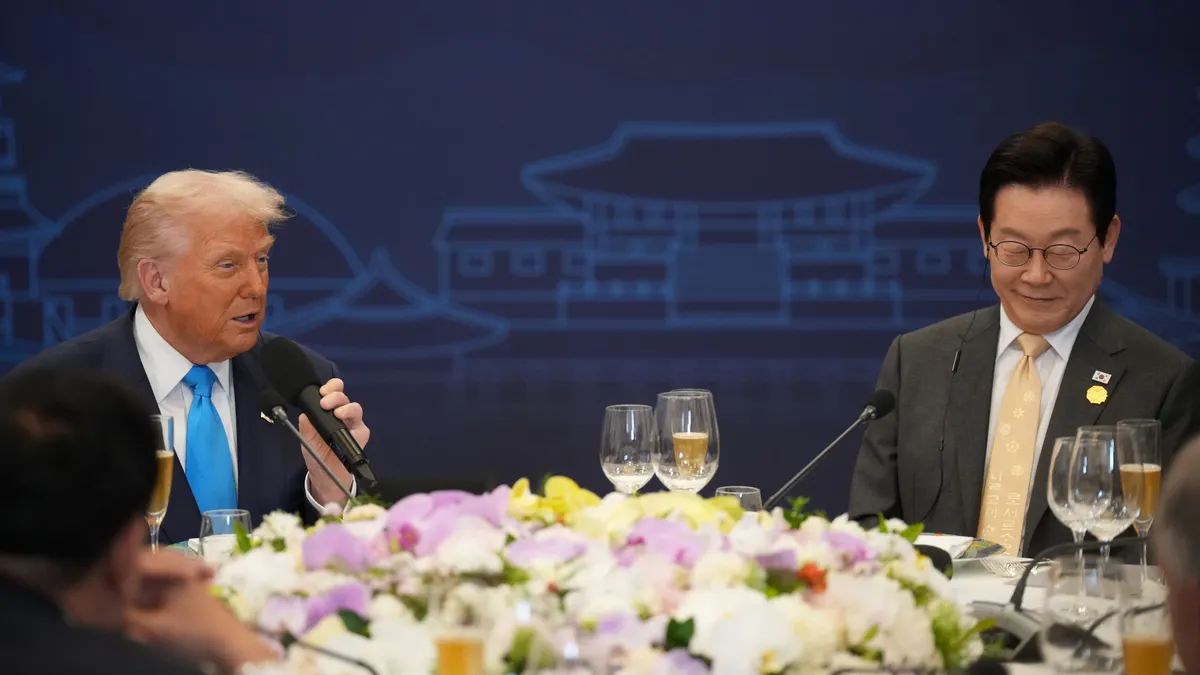Each of Napleton Automotive Group’s 50 dealerships has a unique number to schedule a service appointment. Last year, it began routing those calls through its centralized business development center (BDC). Technology alerts the BDC specialist to which store the customer is trying to reach but any specialist can answer a call for any store, creating a seamless customer experience. It had another important result, as well.
“It reduced the time to speak to an actual person,” Brian Napleton, the group’s director of operations, tells WardsAuto.
Such telephone effectiveness in a dealership’s service department plays an outsized role in overall customer satisfaction and, ultimately, customer loyalty, says Chris Sutton, vice president of automotive retail at J.D. Power.
“Over the years, people always ask us what the individual variables that connect with the best Customer Satisfaction Index scores are,” says Sutton. “Bizarrely, the one we identified that had an incredibly strong relationship was the number of rings and time it took to make a service appointment.”
Despite the plethora of software platforms that allow a customer to schedule a service appointment without talking to a human being, in the 2024 CSI survey J.D. Power found 68% of customers still make the appointment over the phone, Sutton says.
The online scheduling rate has “hovered around 20% for a long time,” he says.
What Service Customers Really Want
Napleton created the centralized service appointment process after finishing last in the 2023 Pied Piper Service Telephone Effectiveness Study. His strategy shift worked. This year the store jumped to second place on the list.
The study measures 25 different aspects of a dealership’s service telephone effectiveness, ranking them on a scale of one to 100. The 2024 study was conducted between January and July by phoning the service departments of every dealership location owned by each of 20 groups studied. The average score was 60.
Factors considered include how long a customer was placed on hold and how often that delay exceeded two minutes; whether a customer was able to schedule a service appointment within one week; how often a customer hung up without making an appointment; and how often they were asked if they were experiencing other issues.
Two areas account for two-thirds of a dealership’s score, Pied Piper CEO Fran O’Hagan tells WardsAuto.
“If you are picking up the phone to schedule a service you really only want two things,” he says. “You want to speak to someone quickly, and you want an appointment that isn’t too far out” from the current time.
The other third relates to quality, O’Hagan says. That includes offering a customer a ride home, providing a service loaner car, greeting customers when pulling into the service lane and a service advisor asking for a name and telling the customer his or her name. Serra Automotive Group of Michigan ranked first for the second consecutive year, scoring 68. Napleton came in second with a score of 65, up from its last-place score of 51 in 2023.
His group was “really caught off-guard” by its low score in 2023, Napleton says. “Being in last place was really a wake-up call.”
Total wait time and hangups dragged its score down, he says.
Its previous measure of success had been too simplistic, Napleton says. It was merely “did a call come in?” and “was an appointment made?”
“It was too basic for today’s world,” Napleton says. “The results last year gave us a guide” of how to improve.
Earning Customer Loyalty
It’s not like Napleton was a laggard in all customer service areas. It has finished first in Pied Piper’s Internet Lead Effectiveness study for the past three years, O’Hagan says.
“They had no idea” they were so bad at service telephone effectiveness, he says. “We are the conscience that reaches out and taps them on the shoulder.”
Earning customer loyalty is the ultimate goal of ranking high in service telephone effectiveness, O’Hagan says. Dealerships “care if you are going to come back to my dealership for service and to buy a car,” he says. “It is used as a proxy for loyalty.”
J.D. Power data shows that simple elements such as answering the phone quickly and having a process for giving the customer a service appointment in a “reasonable amount of time” are crucial to maintaining customer loyalty, Sutton says.
Dealerships can place too much emphasis on the purchase experience, he says.
“That is important, but you have three to five years to correct” a bad sales experience, he says. “But in the service experience, you are really edging closer and closer to the consumer’s next purchase. From our data, the service experience is a much greater predictor of loyalty.”


















